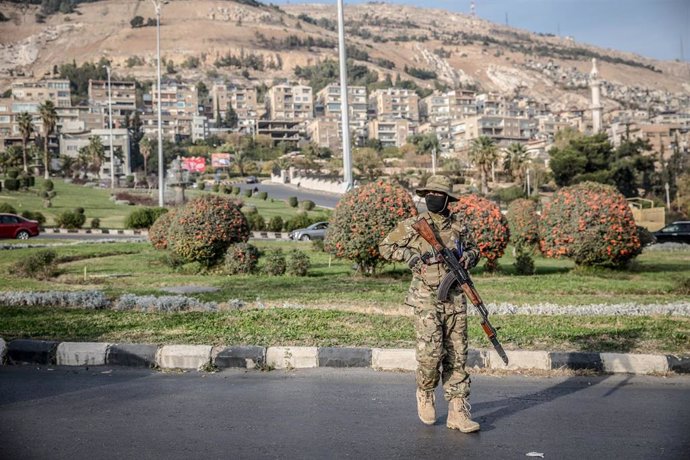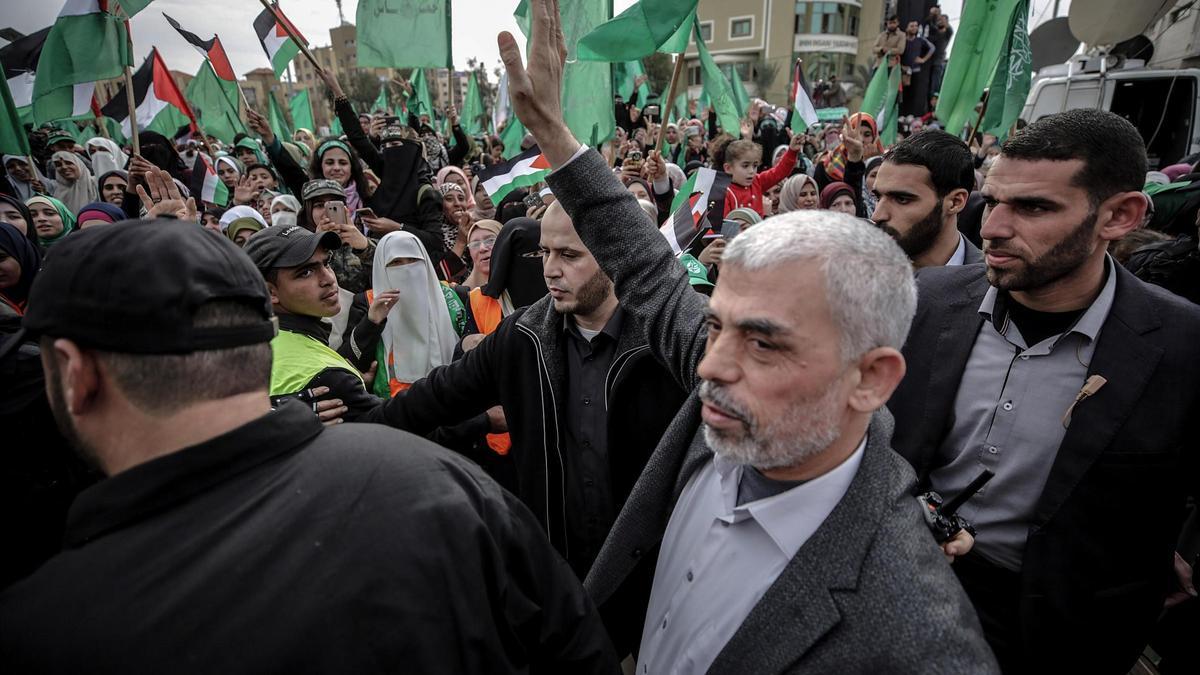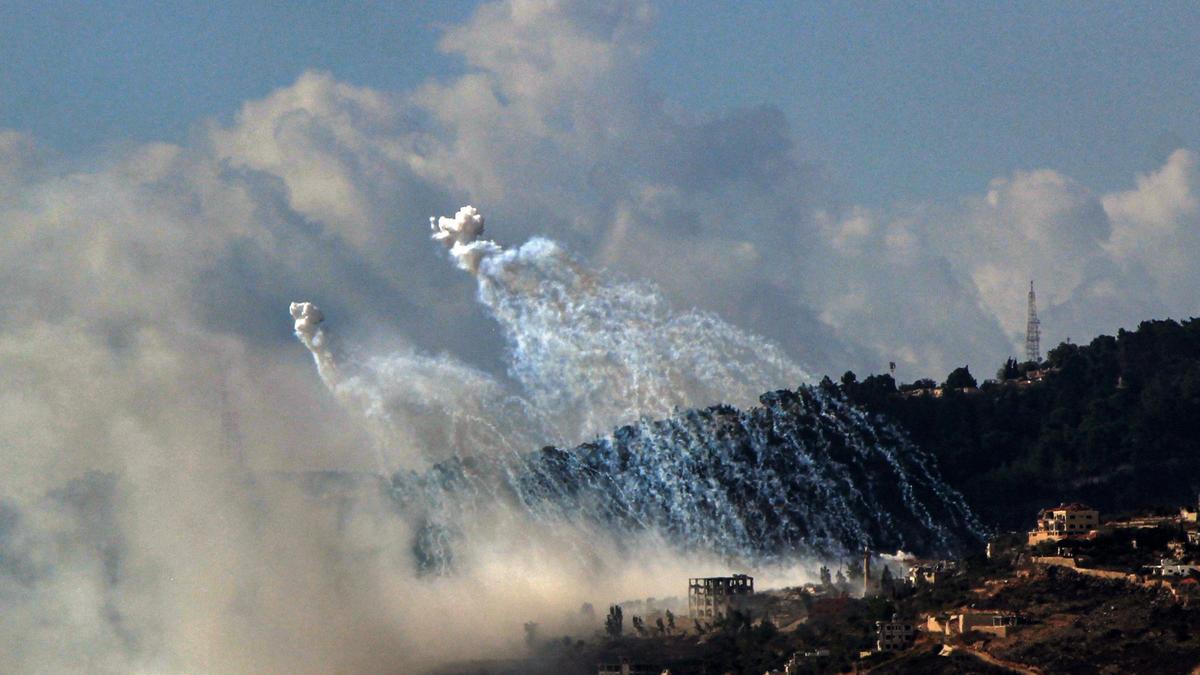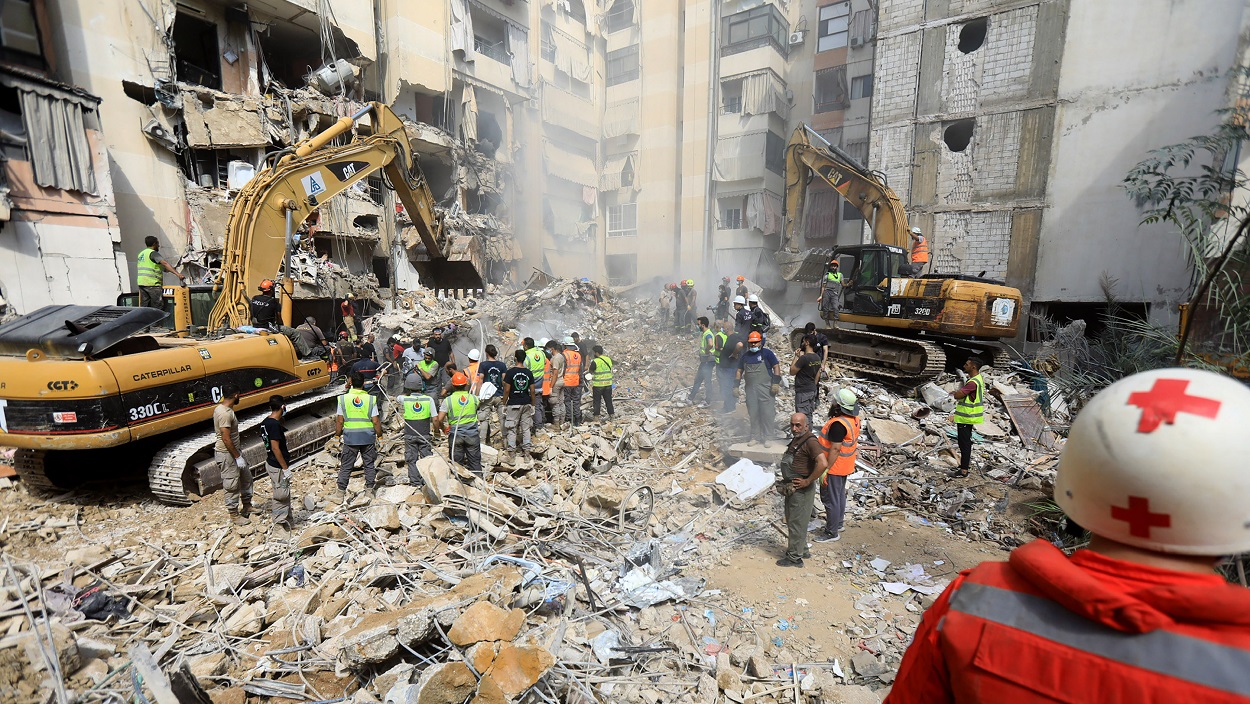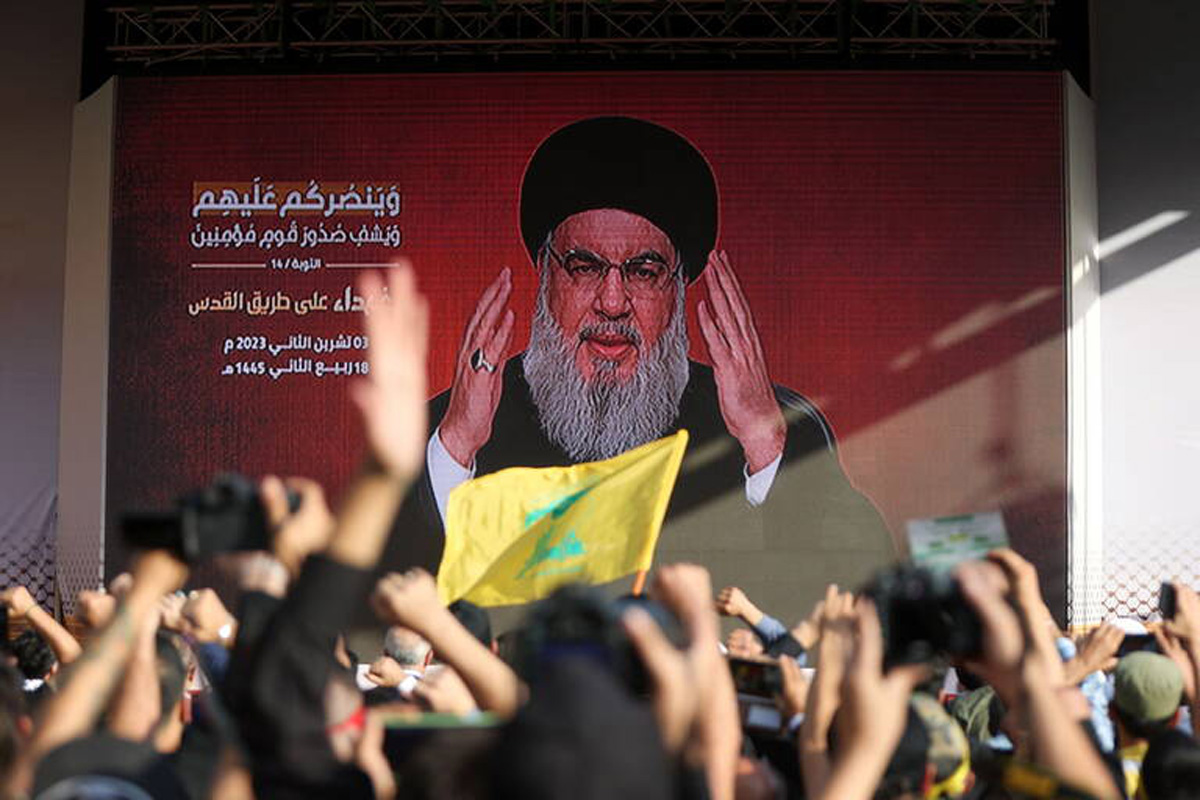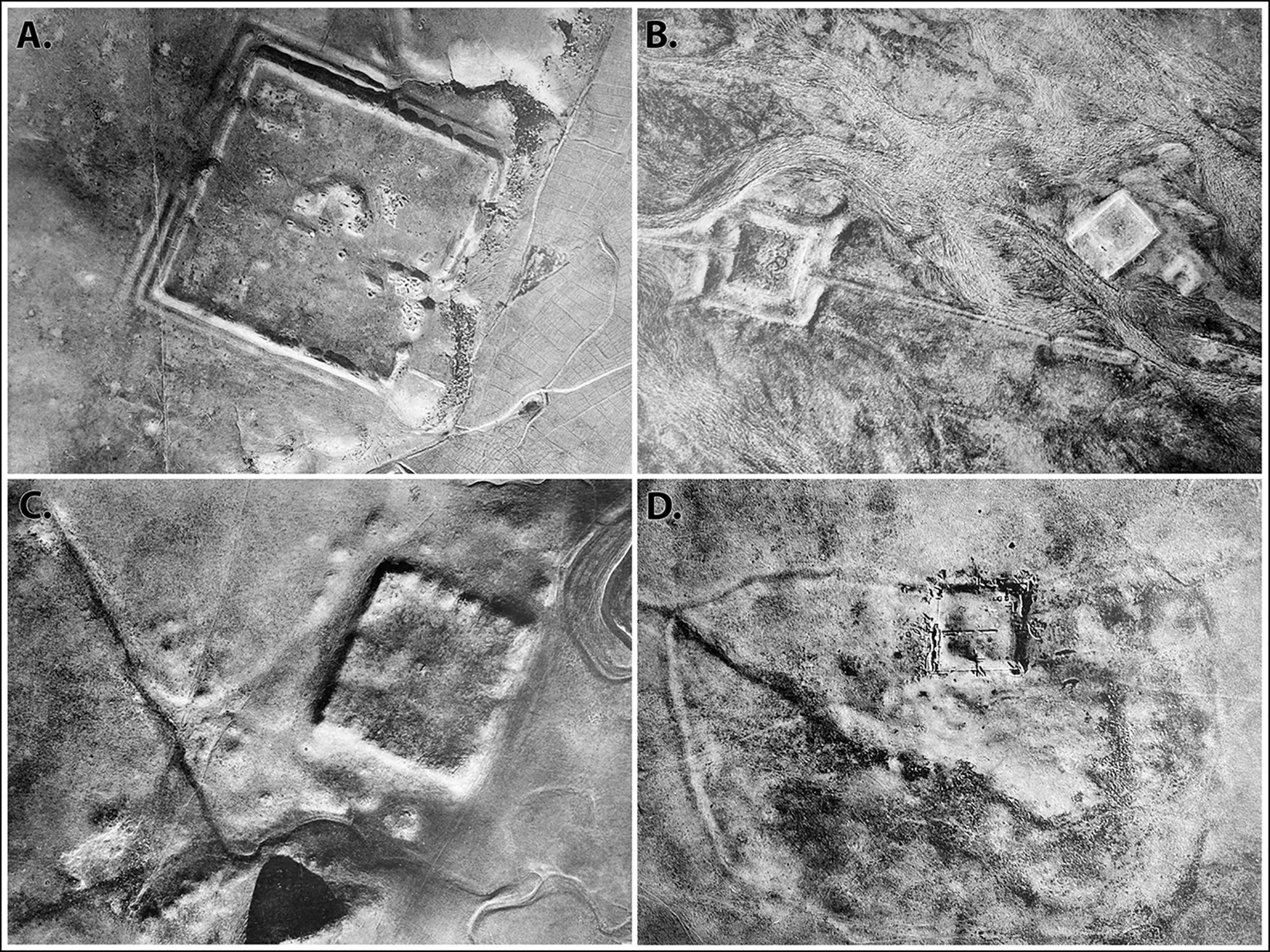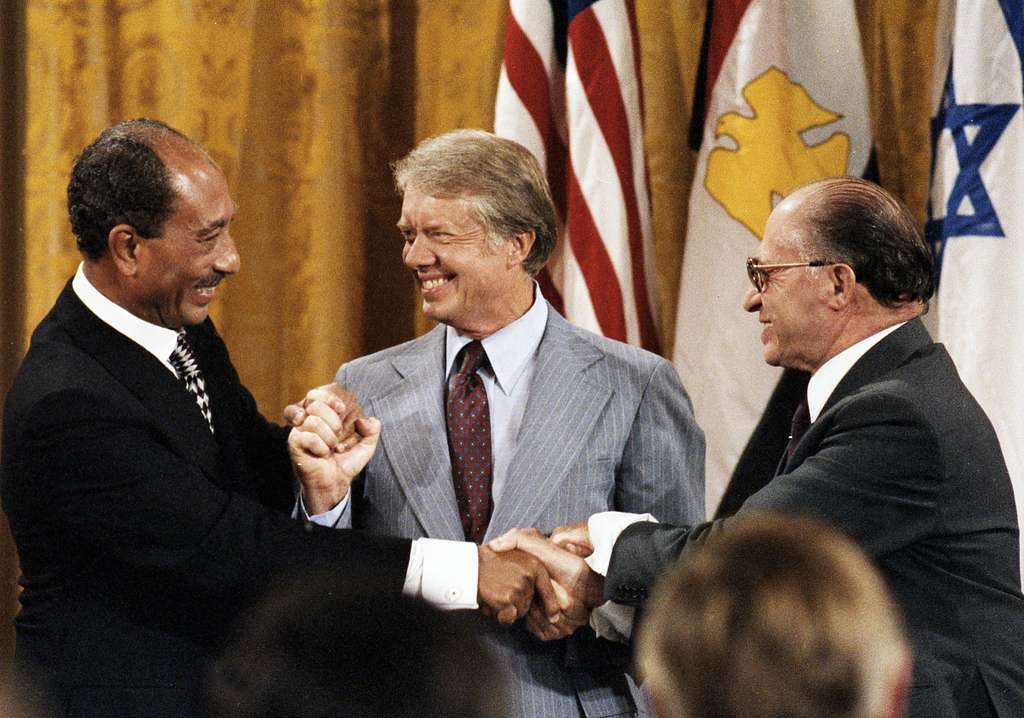Israel can hit Lebanon hard in the coming days, increasing the risk of war throughout the region
- Israel accuses Hezbollah of the bombing which this Saturday caused twelve deaths in the waters of the Golan, but the Shia Militia has not taken over it. Israel has bombed several areas of Lebanon following the last attack on the Israeli Army in eastern Gaza.

On Saturday there was an explosion in the upper Golan, in the village of Majdal Shams, occupied by the Zionists. In the attack on a football field, at least 12 people have died, most of them children, and another 30 have been injured. Israel accuses Hezbollah of the attack and promises a "tough response", even though the Lebanese Militia has not taken over the responsibility for the attack. The two sides are preparing to intensify the conflict between Lebanon and Israel, while at the international level many attempts are being made to reduce tension.
The victims of the heavy flights from Golan, members of the Druze community, have held numerous funerals in memory of the victims of the weekend. According to Israeli media Haaretz, the relatives of the deceased have refused to meet with Netanyahu even though they have tried to contact several families in the locality. Israel’s Finance Minister, the Israeli ultra-Orthodox Nolan Smotrich, has moved to the heights of Golan after the attack, but according to some sources he has had to leave there, among insults of the Druze community, because relatives have asked that they “do not use them” for their political goals.
Haartz has announced that Netanyahu will take action against children in the Gaza Strip as compensation for children killed in the Golan Heights. The Prime Minister will delay and make it more difficult for Palestinian children to be evacuated because of the need for medical care. Israel had agreed to facilitate treatment for hundreds of children, but on Sunday the Israeli Prime Minister promised otherwise. Several actors, including Israeli NGOs, have accused him of having "double standards" to judge the children killed and of "playing with cruel games".
Netanyahu, who last week met with the US authorities for protection, has earlier returned to Israel to manage the killings of Majdal Shams, as reported by the representatives of the Israeli Prime Minister. Last Sunday, the security cabinet met and, at the end of the meeting, reported that they have authorised Netanyahu and his defense minister to “respond and decide the time”. Netanyahu said that he will respond 'forcefully' against Hezbollah and Lebanon, and added that he will do so.
International for fear of regional war
The next few days can be decisive. Both Hezbollah and Israel have officially declared that they do not want a war, but both, according to experts, are preparing for the conflict. Following the Saturday attacks, many international leaders and actors have expressed concern that the Israeli response will not increase the conflict between the two countries and lead to a regional war. They have all appealed to calm the situation and those with the capacity to intervene, especially the United States, have been asked to put pressure on Israel not to promote war.
Iran has threatened the Zionists to stop the offensive against Hezbollah and the Lebanese civilians. The Lebanese Government has condemned attacks on civilians and called for an immediate cessation of hostilities, which have not taken place. The head of EU diplomacy, Josep Borrell, has also condemned the attack and called on all parties to conduct an independent international investigation to prevent an increase in tension. The French President, Emmanuel Macron, spoke to Netanyahu this weekend and asked him live to avoid war.
However, in recent months there have been many agents and authorities who have denounced that Netanyahu’s interests are heading elsewhere. They have warned that it has an interest in provoking and prolonging the war in Gaza and the region, inter alia, to delay the elections and prevent trials in Israel. Many Zionist leaders have also taken to the streets to denounce the intentions of Netanyahu, who has been accused of playing 'no strategy'.
Impact on ceasefire negotiations
The negotiations between the Palestinian resistance and Israel are ongoing despite the low expectations they have generated in the EU. Sources close to the negotiators have warned Al Jazeera that the conflict between Israel and Lebanon could damage the possibilities of the truce agreement, in addition to the lack of prior interest of the Zionists. Three weeks ago, Netanyahu published a list of points that cannot be negotiated, many of them against the red lines of Hamas. One of the conditions was that, despite the agreement, Israel could continue to bomb Gaza until it achieved "all its objectives", according to the same sources.
According to some Israeli media, Netanyahu has sent a new proposal to the mediators of the negotiations in recent days. Despite the fact that the specific content has not been made public, the sources indicate that Netanyahu has further tightened the conditions.
Berlinen martxoaren 8an izandako manifestazioa gogorki erreprimitu du Poliziak. Palestinaren aldeko aldarriak zeramatzaten manifestariek. Agintariek Alemanian arabierazko abestiak eta diskurtsoak debekatu dituzte manifestazioetan, "segurtasun publikoko" arrazoiak direla... [+]
A Palestinian state, two states or none. These are some of the solutions that are represented when referring to the conflict in Palestine. The State of Palestine may consist of the current Gaza and the West Bank, or it may be just Area A of the West Bank – an area controlled... [+]
As hours and days go by, the mind that gets rooted is that it can be more decisive than February 24, 2022 for the 21st century world on October 7, 2023. And that of Ukraine can remain “one of those old mixtures in Europe.” It seems rather easy to guess what it would be like... [+]








